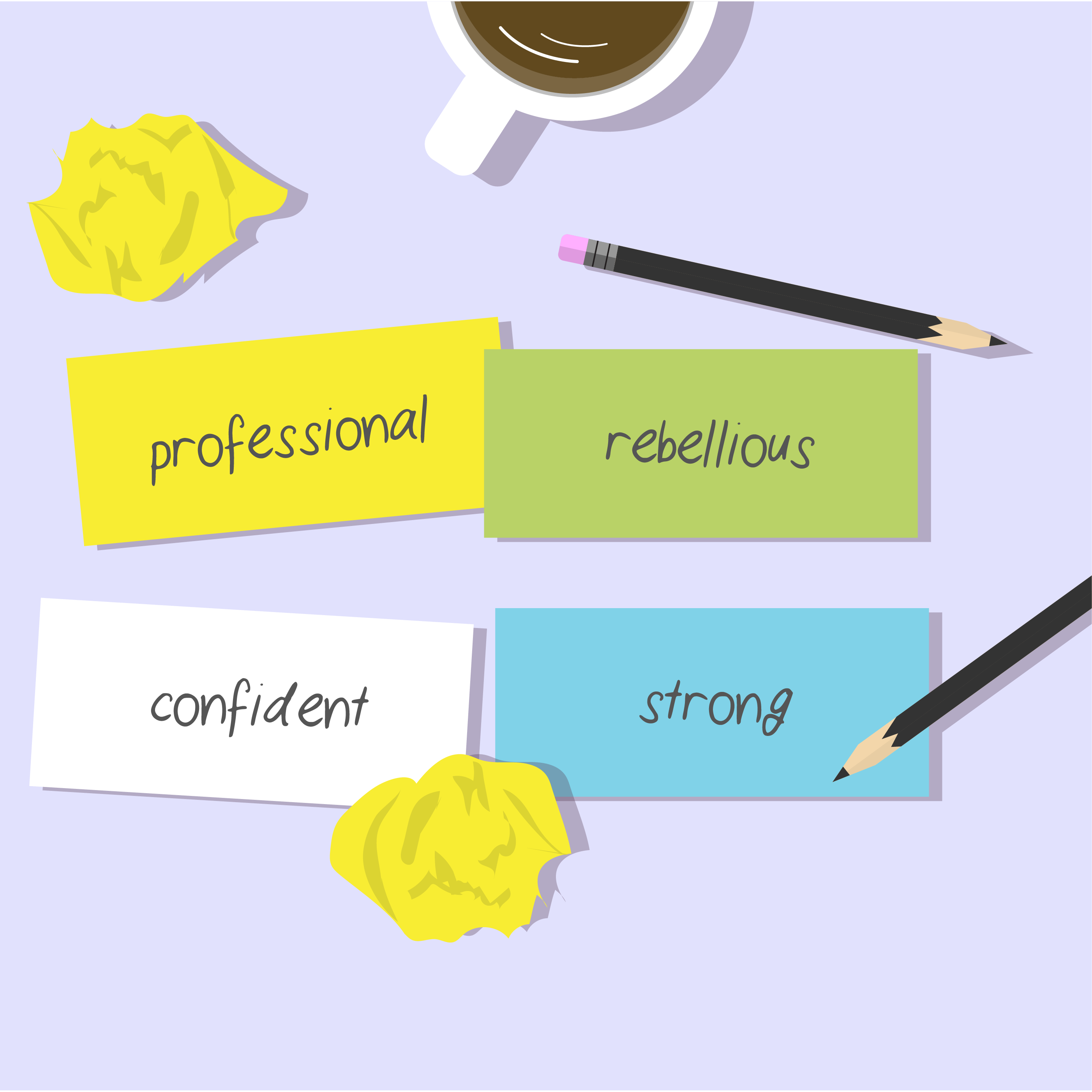busting myths of b2b marketing
 hat’s the difference?
hat’s the difference?
B2B… B2C….
The short answer: Not as much as you may think.
Business-to-customer (B2C) refers to the business practices used to promote products and services to individual consumers. Business-to-business (B2B) is defined as the transactions and communications conducted between companies.
At C-22, our client roster is comprised of several B2B companies. Some of the industries with which we work include engines and power equipment, automotive technology, commercial plumbing, and retail merchandising. Though the target audiences of these businesses are other businesses, we understand that real people are the ones receiving, interpreting, and reacting to the messages.
There are a number of misconceptions related to B2B marketing. We’ve heard ‘em all. Well, we’re here to debunk some of these myths. With a closer look, what really drives B2B marketing is strong human connection, much like B2C.
MYTH: Branding is not as important for B2B as it is for B2C.
The ways in which customers perceive your company among the competition helps establishes your brand. It’s more than just your name, logo, tagline, and color scheme. It’s the way you communicate and present yourself. It’s the way your brand evolves with the times – yet upholds a steady nature. And It is your brand’s values and belief system. Your brand is your identity, the way you’re consistently described and regarded. In the words of marketing consultant and author Alina Wheeler, “People fall in love with brands, trust them, and believe in their superiority. How a brand is perceived affects its success.” This notion is applicable to any brand, B2C or B2B.
The most successful brands embody and advance the company’s identity and values. They communicate these values in clear, authentic, and meaningful ways. No matter how niche a product or service may be, there is always a chance that competitors will arise and outshine. So, as competition increases, establishing a unique brand identity and presence in the marketplace becomes an even bigger, more crucial challenge. Well-established brands provide consumers with what they need to make the right choice, communicate the intrinsic qualities of the product or service, and use distinctive elements that allow customers to personally identify with the brand.
MYTH: B2B is about selling to businesses, not people.
While we may have a tendency to view a business as a faceless organization, it is run by people. So, real people are seeing and hearing your marketing messages… not buildings or entities. Therefore, your brand should communicate like a person.
When it comes to B2B communication, there’s a common fallacy that industry jargon is a requirement – that specialized language somehow makes the message sound smarter, polished, and more professional. While there are certain media in which jargon may be appropriate (e.g., sales meetings, technical guides), this isn’t always the case. It’s important for marketers to communicate in a way that the average person would understand, whether or not they work in that industry. Use the same language and tone you’d use to tell the story to a neighbor. Otherwise, your copy may sound cold and it will fall flat.
Tom Albrighton, author of Copywriting Made Simple, explains it well: “Delivering B2B services is about selling knowledge or skills. So, you want to sound like you know what you’re doing… However, you’re not selling information—you’re selling insight. So instead of trying to impress clients with your knowledge, you should display your understanding. And people who understand things very well can explain them very simply.”
MYTH: B2B marketing is bland and uninspiring.
While B2C advertising typically depends on invoking emotional and sensational responses, B2B initiatives seek to establish long-term value. However, B2B campaigns can still make people laugh, spark excitement, tug at the heartstrings, induce nostalgia, and trigger familiar feelings of fear, discomfort, anger, and sadness.
For example, Google AdWords offers a series of YouTube videos called AdWords Stories. These stories showcase businesses that experienced massive success with the help of the web advertising service. One video tells the heartwarming story of how Ann Arbor, Michigan-based Zingerman’s grew from a small delicatessen to a national mail-order “Community of Businesses.” Many businesses are familiar with and use Google AdWords, and the video series amplifies the benefits through resonant, visual storytelling.
B2B marketing can – and should be – fun and interesting. Since B2B marketing is all about targeting people in a work environment, many marketers may feel obligated to communicate in a buttoned-up, stale manner. Don’t fall victim to that false premise! You can absolutely incorporate entertainment, humor and emotion into your messaging, while still supplying valuable data and information.
MYTH: Marketing is no longer needed once a sale is made.
The ultimate goal of marketing is to create loyal customers who serve as brand advocates – becoming champions of your brand and referring your offerings to others. So, converting a prospect into a customer is actually only a small part of the job. Once a company “wins” a customer, it must continue to nurture and maintain that relationship. To do this, make your customers feel special: following up, staying in contact, and continuing to offer the latest goods and services. Otherwise, the competition will steal them away by attracting them with better offers with greater benefits.
In a B2C scenario, shoppers are likely to “brand hop.” For example, someone may alternate between buying Colgate to Crest toothpastes, giving little consideration to product differences. In B2B marketing, this isn’t always the case. Once a business invests in particular goods or services, the chances of sticking with them for the long-run are high. Always bear this in mind, however: if your company fails to innovate, communicate or sell, your customers may feel like “just another transaction” and seek better business elsewhere.
Sources
Wheeler, Alina. Designing Brand Identity: John Wiley & Sons, Inc., 2013.




